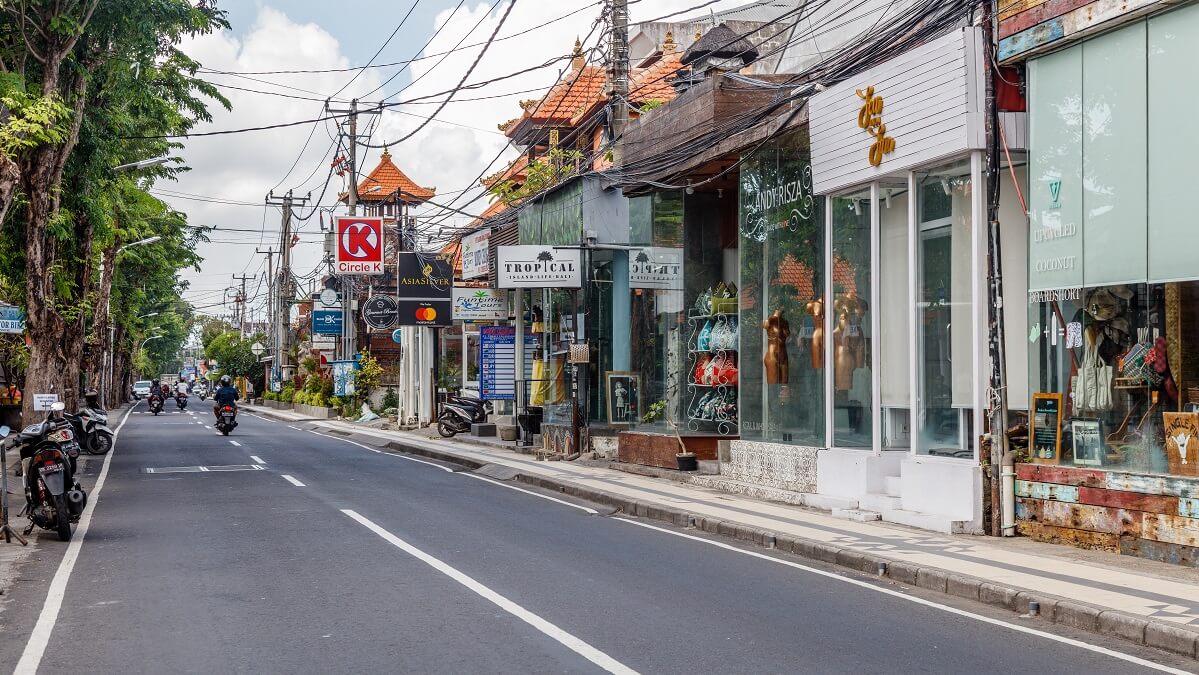Bali’s reputation as Australia’s tropical playground may be about to change with the Indonesian government passing a law that bans sex out of wedlock.
As a Hindu-majority population, Bali has a well-deserved reputation for sun, sand and a certain level of hedonism with its society more tolerant than the rest of Indonesia’s more conservative Muslim population.
However, the Indonesian government may bring that to a halt after this week banning sex outside of marriage. The ban on premarital sex, extramarital sex and the cohabitation of unmarried couples will also apply to tourists. It’s being commonly referred to as the ‘Bali bonk ban’.
Read: How to see the real Bali
The punishment includes up to 12 months in jail for unmarried couples having sex, while co-habitating couples could be jailed up to six months.
A spokesman for the justice ministry tried to reassure potential travellers, saying the risk was less for tourists as anyone making a report is likely to be an Indonesian national.
“That means Australian [tourists] shouldn’t be worried,” Albert Aries told WAToday.com.
It could be another blow to tourism in Bali, which was hurt badly by COVID travel restrictions.
Unmarried couples can only be prosecuted if they’re reported by a spouse, parents or their children.
However, human rights groups are concerned the new laws signal a shift towards more conservative Muslim views, despite the constitution ensuring the separation of church and state.
Read: Eight ways everyone can tell you are a tourist
“This criminal code should never have been passed and is a dramatic rollback of human rights progress in Indonesia,” said Amnesty International Indonesia director Usman Hamid.
“We are going backward … repressive laws should have been abolished, but the bill shows that the arguments of scholars abroad are true, that our democracy is indisputably in decline.
“Outlawing sex outside marriage is a violation to the right to privacy protected under international law.”
Such ‘morality’ provisions could potentially be misused to criminalise victims of sexual assault or to target members of the LGBTI community, he said, adding that consensual sexual relationships should not be treated as a criminal offence or a violation of ‘morality’.
“The fact that the Indonesian government and the House of Representatives agreed to pass a penal code that effectively stamps out many human rights is appalling,” he said.
The ban is part of a raft of changes to overhaul the criminal code in Indonesia, much of which has been in place since the country gained independence from the Dutch in 1945 and some of which was first imposed by the Dutch in 1918.
Read: Is the age of cheap airfares well and truly over?
The new code will also outlaw black magic, religious blasphemy, the promotion of contraception and unsanctioned protests. It maintains abortion as a crime unless the pregnancy is harmful to the mother, and criminalises insults to the president and vice-president.
While the new code is a ‘done deal’, implementing the regulations may take between one and three years.
More than six million tourists visited Bali in the 12 months before COVID and the latest figures from Indonesia’s Central Bureau of Statistics show there were 305,244 visits in October.
Would the new ban change your mind about travelling to Bali or Indonesia?Why not share your thoughts in the comments section below?


Bali has never been high on my list of priorities. Have been there a number of times with visit lengths from three hours (I was living in Jakarta at the time and felt like a swim on a Saturday afternoon on my home after a work visit to Sulawesi) to just over a week (family holiday from Jakarta).
Now I am based in Australia and prefer to holiday in other countries that have more appeal to me. I prefer my individual freedoms and am therefore even less likely to spend time in a country where the government is trying to enforce morality laws and the like.